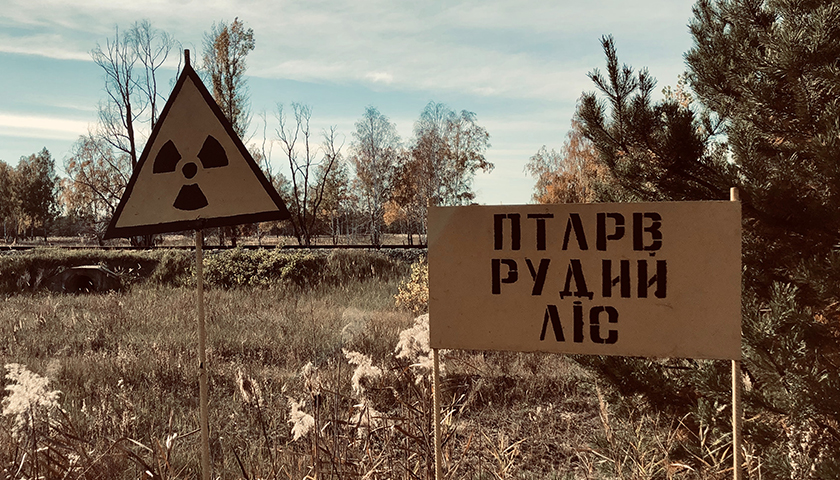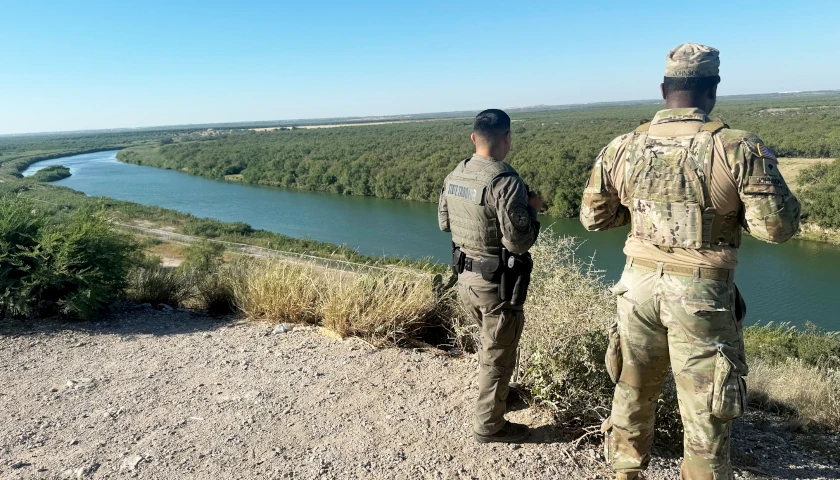by Adam Mill
If you watched HBO’s recent docudrama about the Chernobyl nuclear disaster, you may have been struck by the historic connection to the Russian withdrawal from Afghanistan. The epilogue posited the theory that the need for helicopters to mitigate the nuclear disaster caused the Russians to pull the attack helicopters from Afghanistan, making the already pointless war impossible to continue. So in 1988, the Soviets cut their losses and withdrew from Afghanistan.
The Afghan rebels did not seize control of Afghanistan until 1992. But the 1988 withdrawal also played a huge role in the loss of legitimacy for the Soviet system itself. The apparent juggernaut wielded terrifying power at its borders but remained frail and vulnerable to collapse from within. The very idea that the great Soviet evil empire could fail set off a series of dominoes that led to its collapse. The Afghan war, the struggling economy, and the Chernobyl disaster all combined to reveal the wise and powerful leaders in Moscow as incompetent despots.
More than 30 years later, American planners may have felt they had years or at least months during which residual civilians could make an orderly departure from Afghanistan as needed. The Soviet puppet government lasted almost four years (ironically, longer than the Soviet Union continued to exist), so why wouldn’t an American-sponsored government be able to hold on at least that long? The American planners probably believed that they were prolonging the longevity of the puppet regime by leaving nearly $80 billion in military equipment in the hands of the American-aligned Afghan government.
During the Soviet war in Afghanistan, the contrast between the United States and the Soviet Union could not have been more stark. America enjoyed a resurgence in prosperity and credibility as President Reagan advanced a policy of robust confrontation with the Soviets through military strength. Tax cuts and deregulation grew the economy and helped pay for the expansion. Americans continued to enjoy many of the freedoms that we no longer take for granted. Censorship was generally applied to obscene material, almost never to political speech. Universities, while tilting sharply Left, still nurtured academic freedom and pockets of professorial dissent. America was free. Our elections were universally regarded as fair. We were impervious to the kind of collapse in legitimacy that brought down the Soviet Union.
Now the historical shoe is on the other foot. The American juggernaut has been humbled in a bungled withdrawal that’s arguably more humiliating than our exit from Vietnam or the hostage crisis in Iran. We hold our collective breath and pray there will not be videos of our stranded citizens reading the ransom demands of Taliban captors. We watch the Taliban joyride in our Blackhawk helicopters. Like the political rally scene in Nineteen Eighty-Four, we listen to our Orwellian leaders tell us that the Taliban is actually our ally against some shadowy group that, until now, nobody has ever heard of. Did we switch sides? As Orwell wrote, “At just this moment it had been announced that Oceania was not after all at war with Eurasia. Oceania was at war with Eastasia. Eurasia was an ally. There was, of course, no admission that any change had taken place. Merely it became known, with extreme suddenness and everywhere at once, that Eastasia and not Eurasia was the enemy.”
Back home, Americans still question the recent 2020 election that featured partisan political censorship of the very truthful story about the Biden family influence-for-money scandals. Tech oligopolies manipulated Americans with their social media. Expansion of mail-in ballots made Americans question the integrity of the final vote count. And those concerns were also censored. Setting aside the sensational but unproven Sidney Powell allegations of straight fraud that dominated headlines after the election, the known and verified irregularities are enough to make 2020 the least free and least fair American election in living memory. And if you really want to feel a sense of déjà vu over our selected president, remember who led the Soviet Union before Mikhail Gorbachev: An old, half-senile man who seemed a safe choice for his true puppet masters.
Then there was the intelligence community’s interference in the election. We have reason to question the timing of the FBI’s publicity surrounding a “plot” by Trump supporters to kidnap the governor of Michigan. Were they really Trump supporters? No matter, the October surprise worked and Michigan swung against Trump.
Then we have the intelligence community labelling the Hunter laptop story as “Russian disinformation,” a bald-faced lie that also tilted the election. That makes two presidential elections in a row that the intelligence community overtly interfered to support one candidate to the detriment of another. Because the interference worked without consequence to the perpetrators, it’s hard to see how it will ever stop. Increasingly, the intelligence community and the FBI in particular are perceived as partisan political actors with more interest in controlling domestic politics than in carrying out their chartered missions.
Using COVID-19 as an excuse, the government has intruded on virtually all human activity outside of the home. While some policies had a solid grounding in science, many more were just power flexes by mini-dictators who enjoyed forcing people to do nonsensical things like wearing masks while running outside and banning solitary fishing. We’re not allowed to ask questions like, “Why do people who have had COVID-19 need a vaccine?” or “Why are the same people pushing school shutdowns when their own kids attend in-person private education?” In a free country, those questions would be answered, not censored.
We are now in the 540th day of the “15 days to stop the spread of COVID-19,” and the temporary crisis isn’t looking so temporary anymore.
And where is the press? All of the legacy media have gone full Pravda as the lapdog of the administrative state. Politicized reporting is obviously coordinated and scripted to deliver state-approved messages.
In short, it’s beginning to feel very Soviet in America these days. And the more we imitate the Soviet Union of the 1980s, the more likely we’ll end up with the same outcome.
– – –
Adam Mill is a pen name. He is an adjunct fellow of the Center for American Greatness and works in Kansas City, Missouri as an attorney specializing in labor and employment and public administration law. He graduated from the University of Kansas and has been admitted to practice in Kansas and Missouri. Mill has contributed to The Federalist, American Greatness, and The Daily Caller.





